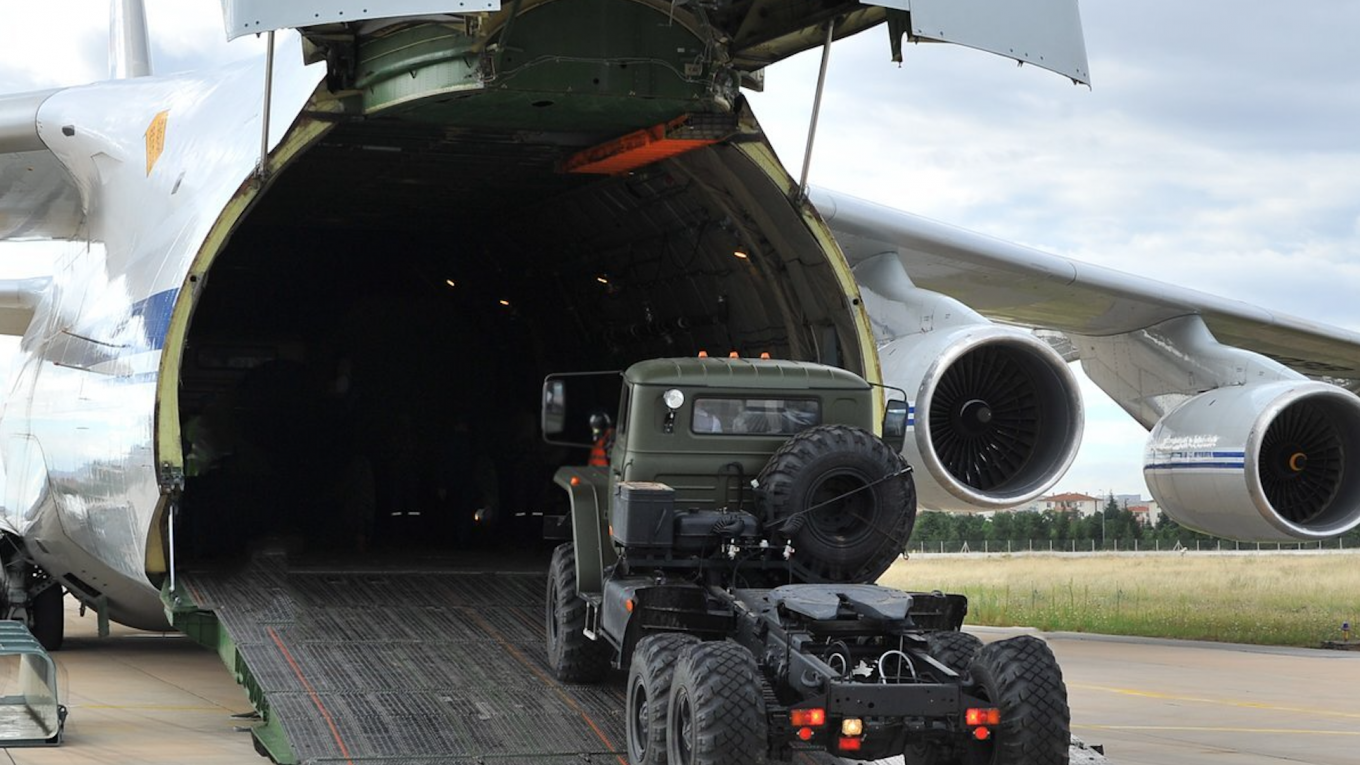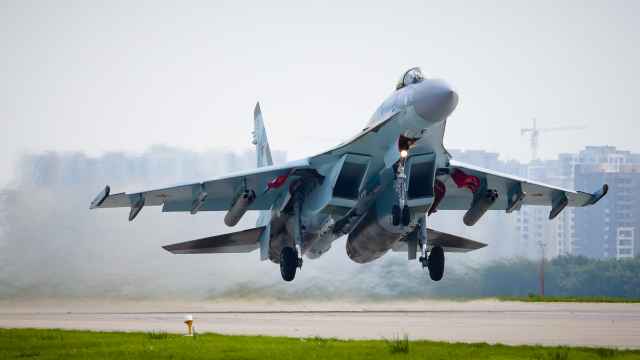Russia will accelerate S-400 air defense system deliveries to India by a year following tense standoffs with China and Pakistan in contested border regions, the Kommersant business daily reported Friday.
New Delhi and Beijing have blamed each other for a June 15 battle in the Ladakh region in which 20 Indian soldiers were killed while China suffered an unknown number of casualties. India has also ordered Pakistan to cut its embassy staff by half this week, a month after New Delhi expelled two diplomats over spying claims.
India now expects Russia to send the first of five S-400 batteries in 2020 following the Indian defense chief’s visit to Moscow for Russia’s landmark Victory Day parade this week, according to Kommersant. The first delivery was originally scheduled for late 2021.
“If this scenario is realized, then we’ll see the first S-400 at Republic Day in the Indian capital next Jan. 26,” an unnamed Indian military source told Kommersant.
“This system will be our silver bullet against our enemies,” they added.
India plans to deploy three S-400 batteries on the border with Pakistan and two with China, Kommersant cited its Indian sources as saying. Russia will reportedly send one S-400 battery per year, with all five expected to reach India by 2024.
“The disbalance [with China and Pakistan] will be eliminated after the S-400s assume the main role of protecting Indian airspace,” the sources were quoted as saying. “The S-400s will free up our multi-purpose fighters to strike ground targets, eliminating the need for them to conduct aerial combat with enemy fighters.”
The S-400 would give India’s military the ability to shoot down aircraft and missiles at unprecedented ranges.
“I have been assured that ongoing contracts will… in a number of cases will be taken forward in a shorter time,” India’s defense minister Rajnath Singh tweeted Tuesday.
India, the largest buyer of Russian military hardware, agreed on the roughly $5 billion deal in 2018. The United States, which blacklisted China that year for its S-400 and warplane purchases, has said countries trading with Russia's defense and intelligence sectors would face automatic sanctions.
China and India have deployed “large numbers” of troops to the Ladakh region despite calls to de-escalate the territorial showdown.
Chinese and Indian military commanders have held talks and their foreign ministers have also discussed ways to end the Himalayan showdown.
AFP contributed reporting to this article.
A Message from The Moscow Times:
Dear readers,
We are facing unprecedented challenges. Russia's Prosecutor General's Office has designated The Moscow Times as an "undesirable" organization, criminalizing our work and putting our staff at risk of prosecution. This follows our earlier unjust labeling as a "foreign agent."
These actions are direct attempts to silence independent journalism in Russia. The authorities claim our work "discredits the decisions of the Russian leadership." We see things differently: we strive to provide accurate, unbiased reporting on Russia.
We, the journalists of The Moscow Times, refuse to be silenced. But to continue our work, we need your help.
Your support, no matter how small, makes a world of difference. If you can, please support us monthly starting from just $2. It's quick to set up, and every contribution makes a significant impact.
By supporting The Moscow Times, you're defending open, independent journalism in the face of repression. Thank you for standing with us.
Remind me later.






